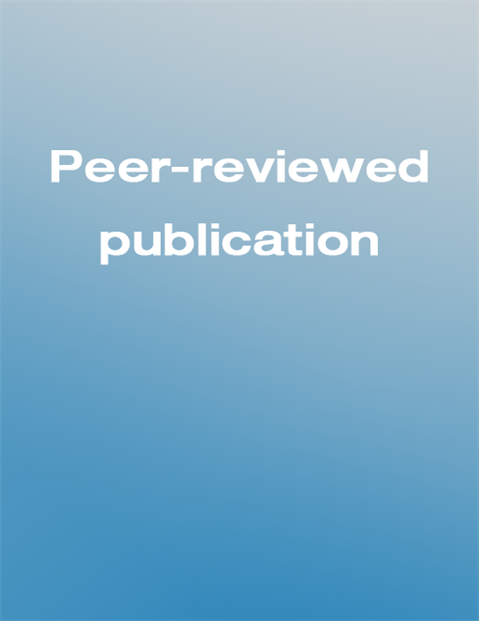Methodological bias can lead the Cochrane collaboration to irrelevance in public health decision-making
A modeling study

Overview
The Cochrane Collaboration (CC) was created in 1993 with the aim of systematically reviewing published research in order to facilitate the selection of appropriate interventions by health professionals and policy-makers. CC systematic reviews focus on a wide range of health-care interventions and typically consider evidence only from randomized controlled trials (RCTs). Because they rely on chance to minimize the potential for epidemiological confounding, RCTs are commonly acknowledged as the strongest, least biased source of evidence on particular therapies or medical interventions for clinical practice. Similarly, it is well known that their utility in evaluating public health interventions is not always optimal and, as a consequence, can result in distorted conclusions.
We specifically refer to a series of CC systematic reviews aimed at assessing the benefits of deworming for soil-transmitted helminthiases (STH) in children, which we believe is affected by a significant methodological bias. Two essential characteristics of this intervention, and of the infections it targets, were not considered by the reviewers when they chose to restrict evidence to data derived only from RCTs.
Access article ONLINE
doi:10.1371/journal. pntd.0004165
